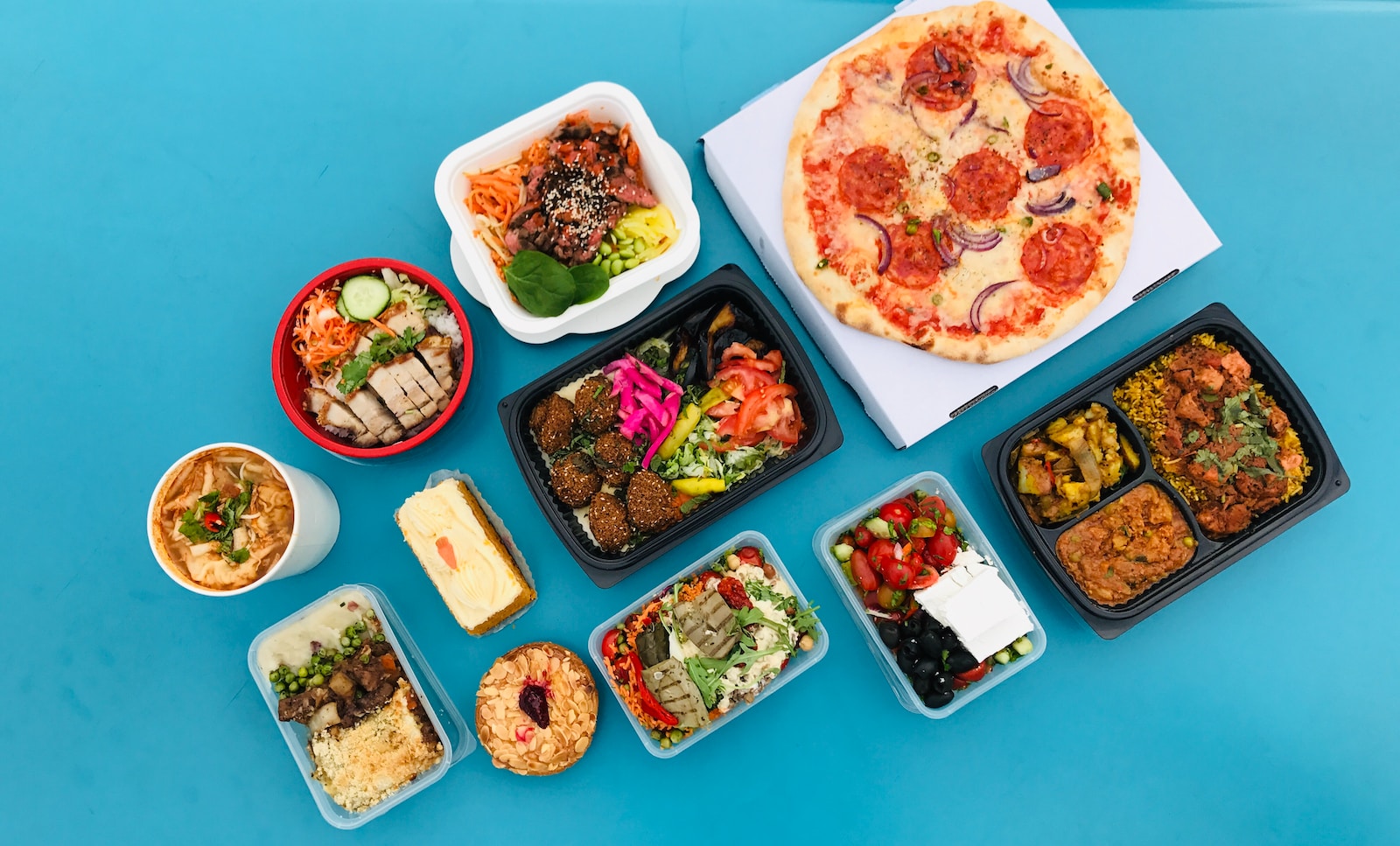Emotional eating is a common phenomenon where individuals turn to food to cope with their emotions rather than addressing the underlying issues. Unfortunately, emotional eating can have detrimental effects on both physical and mental health, leading to weight gain, poor self-esteem, and a vicious cycle of guilt and overeating. However, by mastering emotional eating, individuals can regain control of their eating habits and develop healthier coping mechanisms. In our previous blog we wrote about Empowerment Through Dynamic Social Media Influence on Body Image. In this blog post, we will explore the triggers of emotional eating, strategies for overcoming it, and practical tips for long-term success.
What is Emotional Eating?
 Emotional eating refers to the consumption of food as a response to emotional triggers rather than physiological hunger.
Emotional eating refers to the consumption of food as a response to emotional triggers rather than physiological hunger.
It often stems from various causes, including stress, boredom, loneliness, and negative emotions.
Emotions play a significant role in triggering overeating, as they can lead to cravings for specific foods and a desire for comfort.
Identifying common emotional triggers is crucial in understanding and addressing emotional eating patterns effectively.
The Link Between Emotions and Food
 Emotions have a profound impact on our food choices.
Emotions have a profound impact on our food choices.
When experiencing certain emotions, we tend to seek comfort foods, which are typically high in fat, sugar, or salt.
Comfort foods provide temporary relief and pleasure, but they contribute to the cycle of emotional eating and guilt.
It’s important to recognize this connection between emotions and food and develop healthier alternatives.
Unveiling Triggers of Emotional Eating
Understanding the triggers of emotional eating can be helpful in managing and addressing this behavior.
Here are four common triggers of emotional eating:
1. Stress as a major trigger for emotional eating
 Stress is often cited as one of the primary triggers for emotional eating.
Stress is often cited as one of the primary triggers for emotional eating.
When faced with high levels of stress, individuals may turn to food as a way to cope and find comfort.
Stress hormones, such as cortisol, can increase appetite and make individuals more likely to seek out high-calorie, comforting foods.
The act of eating may temporarily distract from or numb the negative emotions associated with stress.
2. Boredom and its influence on overeating
 Boredom can also contribute to emotional eating. When individuals are bored, they may turn to food as a source of entertainment or stimulation.
Boredom can also contribute to emotional eating. When individuals are bored, they may turn to food as a source of entertainment or stimulation.
Eating can provide a temporary sense of excitement or pleasure, helping to alleviate the monotony of boredom.
However, this type of eating is often mindless and disconnected from actual hunger cues, leading to overeating.
3. Loneliness and the desire for emotional connection through food
 Feelings of loneliness or a lack of emotional connection can trigger emotional eating.
Feelings of loneliness or a lack of emotional connection can trigger emotional eating.
Food can be used as a substitute for companionship, providing temporary comfort and a sense of satisfaction.
Eating may temporarily fill the void left by emotional isolation or a lack of social support.
The act of eating can also trigger the release of feel-good chemicals in the brain, such as dopamine, which can temporarily elevate mood and alleviate feelings of loneliness.
4. Relationship between negative emotions (sadness, anger, etc.) and eating:
 Negative emotions, such as sadness, anger, frustration, or anxiety, can trigger emotional eating as a way to soothe or distract from these feelings.
Negative emotions, such as sadness, anger, frustration, or anxiety, can trigger emotional eating as a way to soothe or distract from these feelings.
Food can provide a temporary escape or a way to self-soothe.
Certain foods, particularly those high in sugar and fat, may trigger the release of neurotransmitters that improve mood and provide a brief sense of comfort.
However, the relief obtained from emotional eating is short-lived and can lead to guilt, shame, and further negative emotions.
Effective Strategies for Overcoming Emotional Eating
1. Developing self-awareness and mindfulness
 Becoming more self-aware of our emotional triggers is the first step in overcoming emotional eating.
Becoming more self-aware of our emotional triggers is the first step in overcoming emotional eating.
By paying attention to our feelings and thought patterns, we can identify the moments when emotional eating is most likely to occur.
Practicing mindfulness techniques, such as deep breathing or meditation, can help manage emotions and reduce impulsive eating.
2. Building a healthy relationship with food
 Adopting mindful eating practices can help us reconnect with our body’s signals of hunger and fullness.
Adopting mindful eating practices can help us reconnect with our body’s signals of hunger and fullness.
By savoring each bite, eating slowly, and paying attention to the taste and texture of food, we can enhance our enjoyment and satisfaction.
Additionally, planning balanced meals and creating a supportive food environment can foster healthier eating habits.
3. Seeking support and professional help
 Having a support system is crucial in overcoming emotional eating.
Having a support system is crucial in overcoming emotional eating.
Sharing our struggles and seeking guidance from trusted friends, family, or support groups can provide valuable encouragement and accountability.
If emotional eating becomes chronic or significantly affects our well-being, considering therapy or counseling with a qualified professional is recommended.
4. Developing alternative coping mechanisms
 Exploring alternative activities to replace eating is essential.
Exploring alternative activities to replace eating is essential.
Engaging in hobbies, practicing relaxation techniques like meditation or deep breathing, or exercising can divert attention away from food and provide healthier coping mechanisms.
Building a support network of friends, family, or support groups can also help in managing emotions.
Practical Tips for Success
 Meal planning and preparation can eliminate last-minute unhealthy food choices.
Meal planning and preparation can eliminate last-minute unhealthy food choices.
Having healthy snacking alternatives readily available helps curb impulsive eating.
Dealing with setbacks and relapses with compassion and without self-judgment is crucial.
Acknowledging that slip-ups happen and focusing on progress rather than perfection is key to long-term success.
Strategies for Long-Term Success
1. Creating a personal action plan
 Setting realistic goals and developing strategies for overcoming emotional eating is key to long-term success.
Setting realistic goals and developing strategies for overcoming emotional eating is key to long-term success.
Breaking down larger goals into manageable steps and creating a timeline for achieving them helps maintain focus and motivation.
It’s important to acknowledge that setbacks may occur, but having strategies in place to manage them will ensure continued progress.
2. Practicing self-care and self-compassion
 Prioritizing self-care is essential in managing emotions and preventing emotional eating.
Prioritizing self-care is essential in managing emotions and preventing emotional eating.
Engaging in activities that promote relaxation, stress reduction, and self-nurturing can help maintain emotional well-being.
Cultivating self-compassion and practicing positive self-talk during the journey is crucial, as setbacks are part of the process.
3. Monitoring progress and celebrating milestones
 Tracking emotional eating patterns over time provides valuable insights into triggers and progress.
Tracking emotional eating patterns over time provides valuable insights into triggers and progress.
Keeping a journal or using digital tools to record emotions, food choices, and associated triggers can help identify patterns and make necessary adjustments.
Celebrating milestones and rewarding oneself for achievements reached along the way provides motivation and reinforces positive habits.
Conclusion
Mastering emotional eating is a journey that requires self-awareness, self-compassion, and the implementation of effective strategies.
By understanding the triggers behind emotional eating and developing healthy coping mechanisms, we can overcome this cycle and cultivate a positive relationship with food and our emotions.
Remember, it’s a process, and being patient with ourselves is crucial.
Take action today to regain control and embrace a healthier, happier life free from the grasp of emotional eating.
Do you find yourself trapped in the cycle of emotional eating, using food to cope with stress, boredom, loneliness, or negative emotions?
You're not alone. Emotional eating can affect your physical and mental well-being, contributing to weight gain and self-esteem issues.
In our blog, we've explored the triggers and consequences of emotional eating and practical strategies to overcome it.
But here's the exciting part: you don't have to go through this journey alone.
Let us introduce you to the PrimaJust weight loss method—a revolutionary approach at your fingertips.
When you download our free report, you'll discover The Exact Method to Unlock Your Metabolism for All-Natural Weight Loss.
With PrimaJust, you can shed 1-3 pounds per week without diet or strenuous exercise.
Take the first step towards a healthier, happier you by clicking the link below and accessing your free report now.
Don't let emotional eating hold you back; the solution is within your reach!
[Source]Free Report
Ready to start your weight loss journey without the hassle? Schedule your free Weight Loss Clarity Call today.
Broaden your understanding with these essential related blog posts
-
Triggers for Emotional Eating: Effective Workplace Strategies
Emotional eating is a common phenomenon that involves using food as a way to cope…
-
How to Navigate Emotional Eating: Healthy Food Bonding
Emotional eating can significantly impact our overall health and well-being. It involves using food as…
-
Mindful Eating: Powerful Benefits for Effective Weight Loss
In today's fast-paced world, it's easy to fall into the trap of mindless eating, leading…














